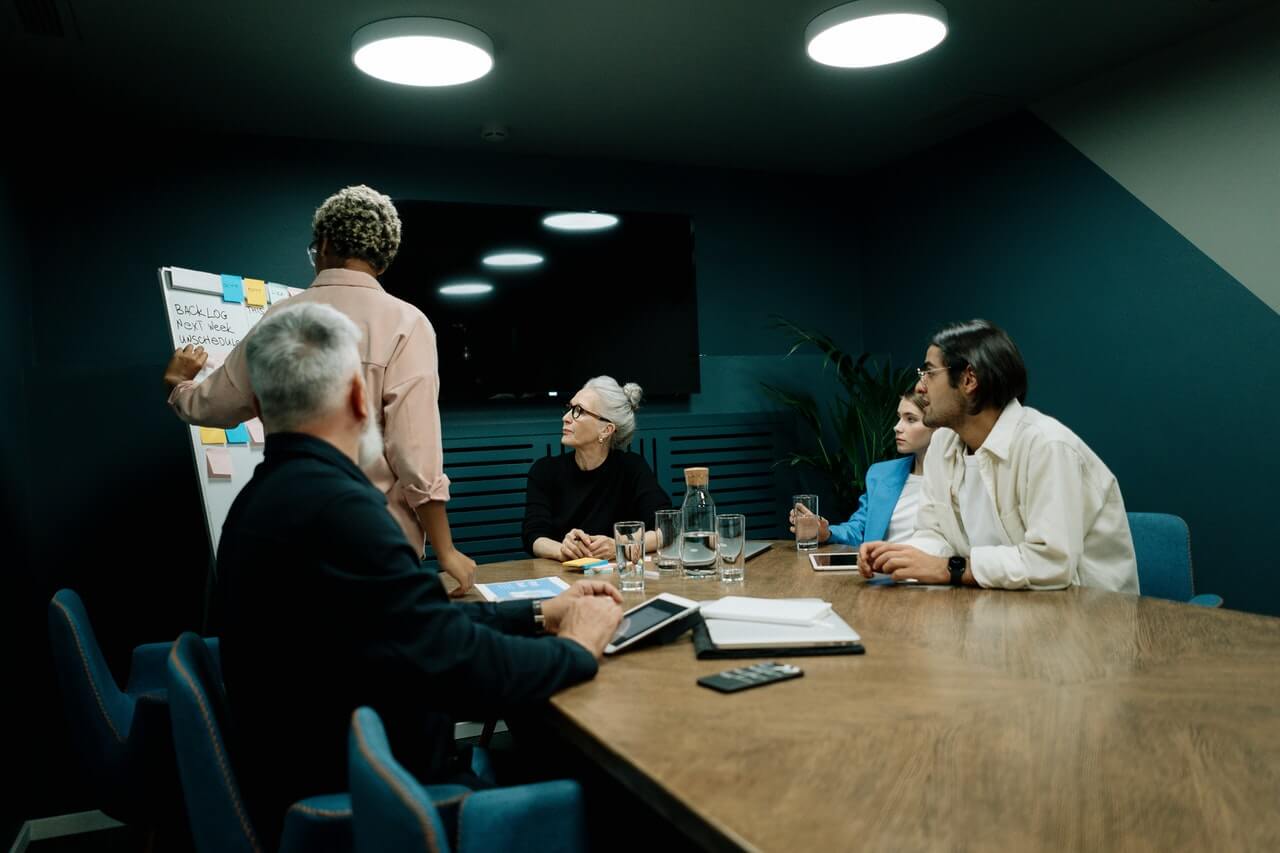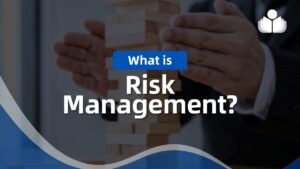This posting was “provoked” by a question in an email.
In fundraising, as in sales, it’s targeted marketing that is most effective. But you can’t target the folks in your market until they’ve been identified.
Donor acquisition, the most expensive part of the “development/fundraising” process, is a necessary investment. And that’s what it is, an investment.
You spend $1, $2 or $3 to obtain a new donor, a new constituent, not to raise a dollar. To talk about cost-per-dollar-raised for donor acquisition is to not understand the process or its purpose.
Direct mail is, for many NPOs, an essential part of building a substantial base for the donor pyramid. And the factors that have the greatest impact on the results of donor-acquisition mailings are: the list selection process, the roll-out mailings, the testing of copy, etc. — all the tried-and-tested elements of the traditional direct mail program.
And such a program cannot be evaluated in its first six months of operation, its first year, or even two years. Three years, according to some direct mail experts, is likely the minimum period for such an evaluation — the period it takes to begin generating enough repeat contributions from newly acquired donors to have a direct mail program begin to “show a profit” from those donors.
And, if a Board is attempting to evaluate the performance of a new development person and/or the programs s/he has initiated, there needs to be some time, likely a multi-year period, for his/her programs — through the normal process — to begin to mature.
No matter on what level, or to what end we work with nonprofits, it wouldn’t hurt to have a broad-based background in development, before trying to apply to development/fundraising some theory of ranges or medians or marketing statistics.
And, the way of getting a N-P Board to understand the process, and the expected results-over-time, is to have them talk to people who have experience with and understand the process.
Certainly, if the members of a nonprofit Board and their CEO don’t know what to look for when they hire a development person, they sure aren’t going to know how to evaluate that person or his/her programs.
If you’re looking for advice on measuring the effectiveness of development programs, listen to the development professionals — everybody has opinions, but not everybody has the experience and expertise.
=-=-=-=-=-=-=-=-=-=-=-=-=-=
Have a comment or a question about starting, evaluating or expanding your fundraising program?
Contact Hank Lewis. With over 30 years of counseling in major gifts, capital campaigns, bequest programs and the planning studies to precede these three, he’ll be pleased to answer your questions.
 Sections of this topic
Sections of this topic
















